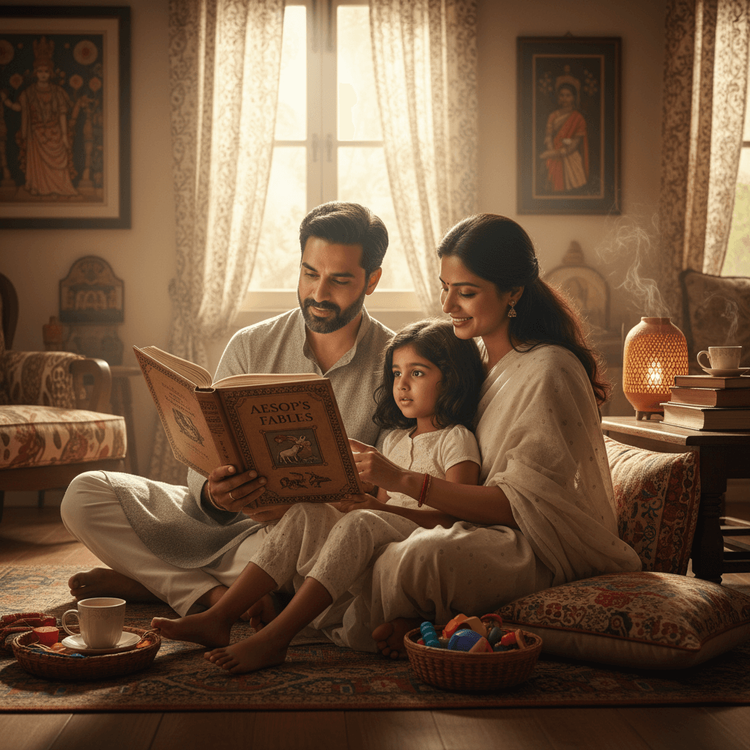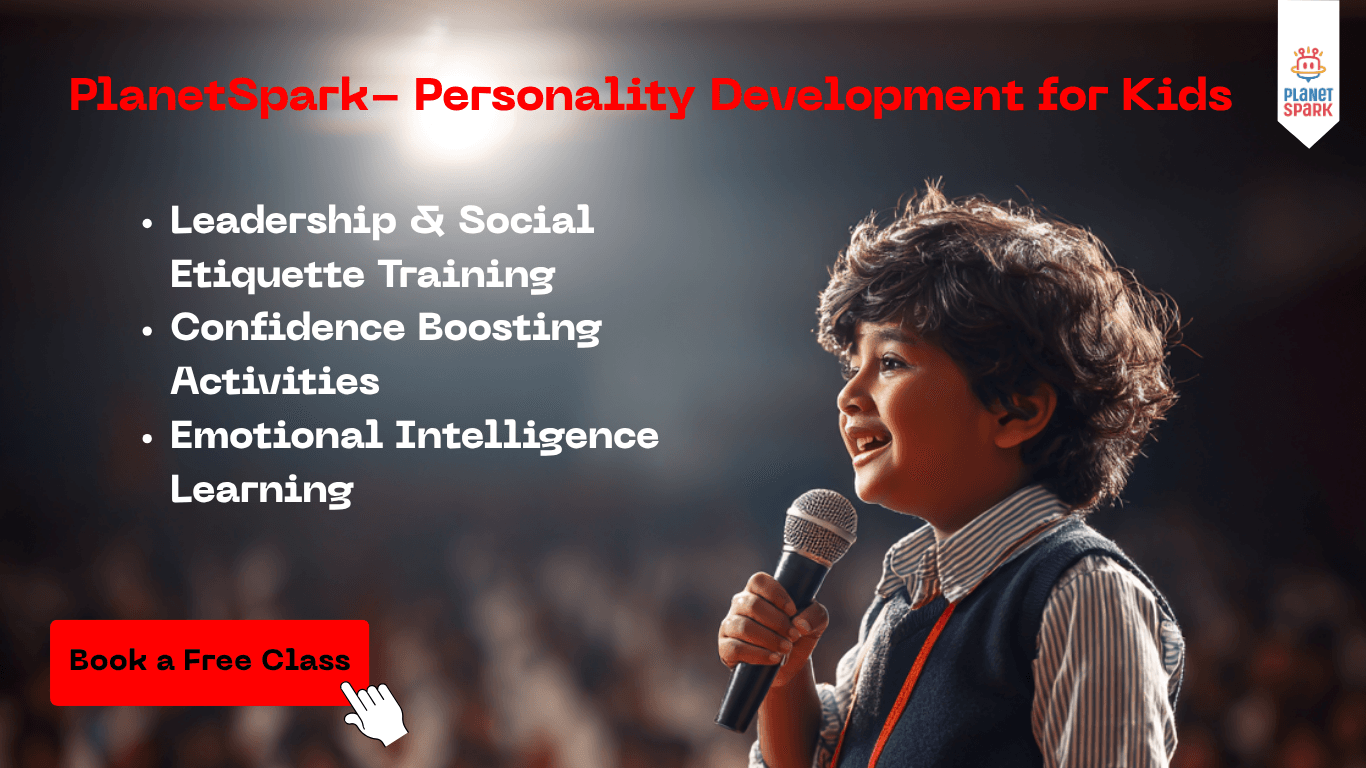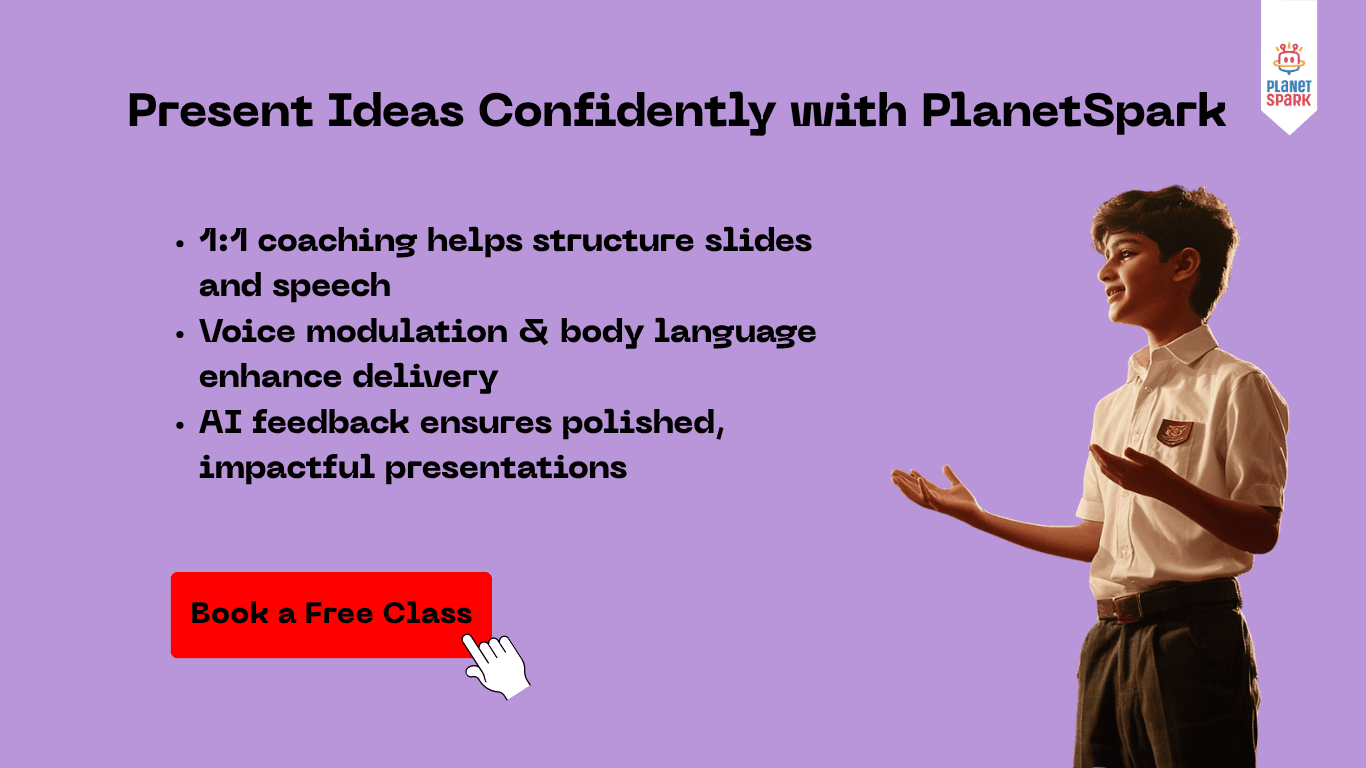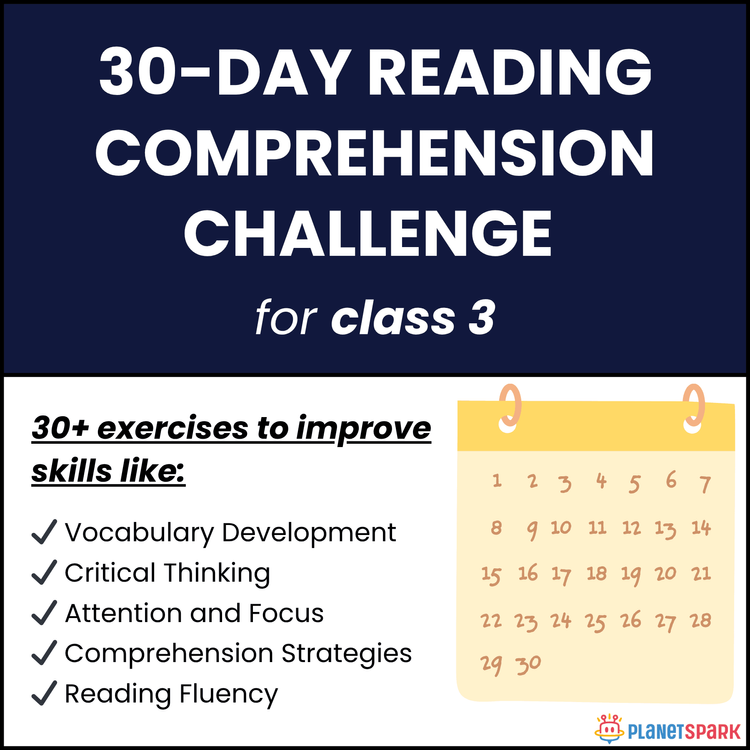Aesop’s Fables for Kids: Timeless Stories with Lessons

Table of Contents
- The Origin and Legacy of Aesop’s Fables
- Famous Aesop’s Fables Every Child Should Know
- PlanetSpark Personality Development Course: Building the Lea
- Exclusive Features of PlanetSpark Personality Development Pr
- How PlanetSpark Complements the Values of Aesop’s Fables
- A Bright Future Begins with Stories and Confidence
Aesop’s Fables for kids are timeless tales that teach valuable life lessons through simple stories featuring animals and nature. These stories have been passed down for generations, helping children learn morals, kindness, honesty, and wisdom in the most engaging way.
In this blog, we’ll explore what Aesop’s Fables are, why they are important for children, popular examples, and how storytelling can build essential communication and life skills.
The Origin and Legacy of Aesop’s Fables
Aesop’s Fables for kids are short moral stories originally attributed to Aesop, a storyteller believed to have lived in ancient Greece around 600 BCE. Each fable is crafted with talking animals and everyday situations that reflect human behavior and emotions.
For example, tales like The Tortoise and the Hare, The Lion and the Mouse, and The Ant and the Grasshopper are simple, yet they deliver timeless messages, about hard work, kindness, humility, and perseverance.
These stories are not only entertaining but also serve as early lessons in ethics and decision-making. They help children understand consequences, empathy, and respect for others, all while enjoying imaginative storytelling.

Famous Aesop’s Fables Every Child Should Know
1. The Tortoise and the Hare
Once upon a time, a speedy hare mocked a slow-moving tortoise for being sluggish. To teach him a lesson, the tortoise challenged the hare to a race. Confident of his victory, the hare dashed ahead and decided to nap midway. The tortoise, steady and determined, kept moving without stopping. By the time the hare woke up, the tortoise had already crossed the finish line. The hare learned that overconfidence can lead to failure, while persistence and patience bring success. The story teaches children that “slow and steady wins the race.”
2. The Lion and the Mouse
A mighty lion once caught a tiny mouse who accidentally ran across his paw. The frightened mouse begged for mercy, promising to help the lion someday. Amused, the lion let him go. Days later, the lion was trapped in a hunter’s net and roared helplessly. Hearing the cries, the little mouse rushed to his rescue, gnawing through the ropes until the lion was free. The lion realized that even the smallest creature can make a big difference. This fable reminds children that kindness always comes back and that no one is too small to help another.
3. The Ant and the Grasshopper
During a warm summer, a playful grasshopper spent his days singing while an ant worked hard collecting food. The grasshopper laughed at the ant for toiling instead of relaxing. When winter arrived, the fields turned barren, and the grasshopper found himself starving and cold. The ant, safe in her home with plenty to eat, kindly shared some food but reminded him of the importance of preparation. The grasshopper realized that his laziness had consequences. This story teaches children that hard work and planning ahead always lead to comfort and success, while idleness brings regret.
4. The Boy Who Cried Wolf
A mischievous shepherd boy grew bored watching over his sheep. For fun, he shouted, “Wolf! Wolf!” The villagers rushed to help, only to find there was no wolf. The boy laughed at them. He repeated his prank several times, fooling everyone. But one day, a real wolf appeared, and when he cried for help, no one believed him. The wolf attacked his flock, leaving the boy full of sorrow and guilt. This fable teaches that honesty and trust are precious, once lost, they are hard to regain. Always speak the truth, even when it’s difficult.
5. The Fox and the Grapes
One hot afternoon, a hungry fox spotted a bunch of juicy grapes hanging high on a vine. He jumped again and again to reach them, but they were just out of grasp. After several failed attempts, the fox gave up, muttering, “Those grapes are probably sour anyway.” He walked away, pretending not to care. The story reminds children that sometimes, when we fail to get what we want, we find excuses to make ourselves feel better. The moral of the fable is to accept failure gracefully and keep trying instead of dismissing what we cannot have.
Why Aesop’s Fables Still Matter Today
In a world full of screens and fast-paced entertainment, Aesop’s Fables continue to hold their charm. Their simplicity makes them easy for children to understand, while their moral depth makes them valuable for parents and educators.
These fables:
Encourage critical thinking and emotional intelligence
Help improve reading comprehension and vocabulary
Teach life skills through relatable, story-based learning
Offer perfect bedtime stories with strong moral takeaways
For instance, when children read The Boy Who Cried Wolf, they learn about honesty. When they hear The Crow and the Pitcher, they learn problem-solving and persistence.
Each story gently reinforces good behavior , helping shape children into thoughtful, responsible individuals.
Benefits of Reading Aesop’s Fables for Kids
Moral Development – Kids learn the difference between right and wrong through meaningful lessons.
Language Skills – Exposure to storytelling enhances vocabulary, grammar, and sentence structure.
Imagination Boost – The use of talking animals and creative plots stimulates imagination.
Character Building – Stories emphasize virtues like patience, teamwork, and integrity.
Cultural Awareness – Fables connect children with ancient wisdom from different cultures.
PlanetSpark Personality Development Course: Building the Leaders of Tomorrow
About the Course
PlanetSpark’s Personality Development Course for kids is designed to build confidence, communication, and character , all essential for success in academics and life. The program focuses on holistic growth, not just grades.
Holistic Curriculum Beyond Academics
The curriculum includes topics like communication etiquette, self-introduction, goal setting, leadership, and critical thinking , exactly the skills children need to become confident speakers and empathetic leaders.
Social-Emotional Learning (SEL) Design
Especially for younger learners, the course integrates emotional awareness and regulation, helping children understand and manage feelings constructively.
Practical, Activity-Based Learning
Kids engage in mock interviews, journaling, real-life simulations, and storytelling sessions. Role plays and feedback sharing make learning practical and memorable.
Leadership & Self-Presentation Training
Children participate in activities that enhance empathy, teamwork, and responsibility. They also learn to present themselves confidently on stage and in conversations.
Confidence Meter & Parent Consultations
Regular PTMs allow parents to track progress in communication, confidence, and leadership development.
Etiquette and Body Language Sessions
Children learn posture, tone modulation, and respectful communication , essential aspects of strong personality development.

Exclusive Features of PlanetSpark Personality Development Program
1. One-on-One Personal Trainers
Each student is paired with a certified communication expert who offers personalized attention and real-time feedback. Trainers tailor sessions based on the child’s learning style and personality.
2. Personalized Learning Roadmap
After assessing your child’s skills, PlanetSpark designs a customized roadmap to improve grammar, fluency, confidence, and storytelling step by step.
3. SparkX – AI-Enabled Video Analysis Tool
Using AI, PlanetSpark evaluates your child’s storytelling, speech, and stage presence. You receive detailed reports highlighting strengths and improvement areas , ensuring measurable progress.
4. AI-Led Practice Sessions
Children practise speaking and storytelling with a virtual AI coach that provides instant feedback on fluency, grammar, and confidence.
5. Spark Diary – Digital Journaling
A built-in journaling platform encourages kids to write daily reflections, stories, and speeches , developing clarity and creative expression.
6. Gamified Learning
Interactive quizzes and challenges make English learning engaging. Kids master grammar, vocabulary, and communication through fun games.
7. Structured Parent-Teacher Meetings
Regular PTMs keep parents updated with performance insights and future action plans.
8. Comprehensive Progress Reports
Parents receive detailed reports evaluating the child’s progress in content quality, grammar, confidence, and delivery skills.
9. Exclusive Learning Clubs and Communities
Kids join clubs like Debate, Story Writing, and Podcasting to explore real-world communication and teamwork.
10. Sparkline – Safe Social Media for Kids
A private, moderated platform where children can share performances and receive peer feedback safely.
11. Contests and Recognition
From storytelling challenges to speech contests, PlanetSpark provides exciting opportunities for kids to showcase their talents and earn certificates.
How PlanetSpark Complements the Values of Aesop’s Fables
Just like Aesop’s Fables for kids teach moral lessons through stories, PlanetSpark helps children live those values, by communicating confidently, thinking critically, and expressing emotions constructively.
The combination of ancient wisdom and modern skill-building ensures your child grows not only academically but also emotionally and socially.
A Bright Future Begins with Stories and Confidence
From Storytelling to Self-Belief
Every child deserves the chance to be heard , to tell their stories, share ideas, and shine confidently in every situation. Aesop’s Fables for kids remind us that small beginnings can lead to big lessons, just like the tiny mouse that helped the lion.
PlanetSpark’s Personality Development Course carries this philosophy forward, empowering children to find their voice, express themselves, and lead with empathy and confidence.
For more on personality development you can also read this - Personality Development Training for All Ages : Online & Near You
Frequently Asked Questions
Download Free Worksheets
Personalized Communication Report
Record a video to get a AI generated personalized communication report for your child

Hi There, want to try these
tips for your child with
LIVE with our expert coach?
Let's check your child's
English fluency

